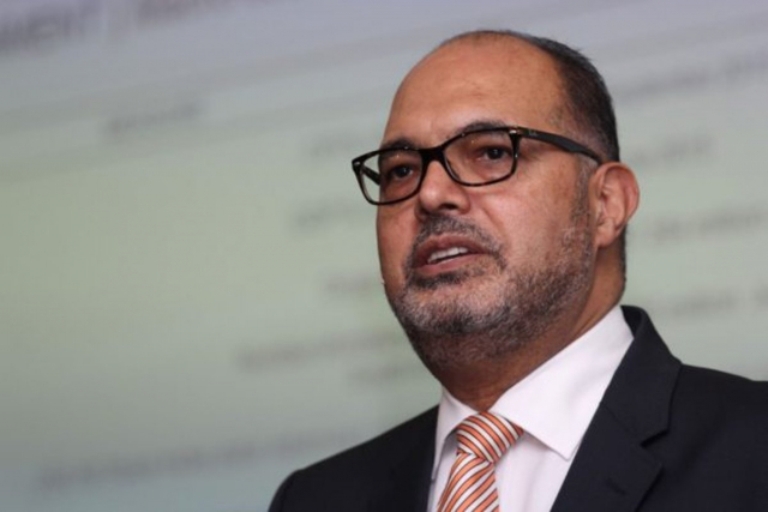
South African Tax Dodgers in the Firing Line
The South African Revenue Service (SARS) has warned tax dodgers they will face prosecution and other dire consequences for not submitting returns or defrauding the system. The warning was fired by SARS Commissioner Edward Kieswetter during the opening of the 2019 tax season in Pretoria on Monday morning. From 1 July 2019 until 1 December […]

The South African Revenue Service (SARS) has warned tax dodgers they will face prosecution and other dire consequences for not submitting returns or defrauding the system.

The warning was fired by SARS Commissioner Edward Kieswetter during the opening of the 2019 tax season in Pretoria on Monday morning.
From 1 July 2019 until 1 December 2019, efiling taxpayers can submit returns online and on the SARS MobiApp. Walk-in taxpayers will be able to file returns from 1 August 2019 until 31 October 2019.
Addressing the media, Kieswetter said the revenue collector was deeply concerned by trends of noncompliance. These trends range from outstanding returns and late returns to fraudulent filing.
“We will step up our enforcement and administration of penalties in this regard,” he said.
Also, many taxpayers still do not declare rental income. “We will improve our data matching in this regard with the deeds office and other sources of information. This matching will also allow us to better enforce noncompliance and declaration of CGT [Capital Gains Tax],” he said.
The revenue collector will this year place a renewed focus on taxing commission earners which, Kieswetter said, was open to abuse.
Concern was also expressed by the Commissioner regarding tax practitioners who unethically promise they can secure a tax refund.
“They then look for opportunities to understate income or overstate expenses,” said Kieswetter. “This is a serious offence and could result in criminal charges as well as financial consequences for the taxpayer who remains accountable to SARS for their submissions.”
The revenue collector said it will be addressing fictitious refunds that are claimed from fabricated expenses and losses, as well as fictitious employers generating IRP5’s for the sole purpose of claiming refunds.
Fraudsters who file multiple returns to create refund opportunities, as well as syndicates reusing IRP5s across multiple individuals was also a concern that required action by law enforcement.
“We are working hard to improve the integrity of our profiling capability using sophisticated risk modeling and expanding our data set. Last year SARS prevented over R8.2 billion fraudulent returns from being paid,” said the Commissioner.
SARS is working with SAPS as well as the NPA to criminally prosecute fraudsters and have already successfully convicted a number of taxpayers for non-compliance.
“We have also successfully convicted some of our own staff for colluding with taxpayers,” he said. “We are instituting a renewed focus on [High Net Worth] Individuals who often arrange their affairs in complex ways, often presenting higher compliance risks to SARS.”
This year, taxpayers with an annual income not exceeding R500 000 will no longer be required to submit tax returns.
Deputy Finance Minister David Masondo said the Ministry supported SARS’ efforts to boost the fiscus, saying the revenue collector had done well under a challenging global economic climate.
“SARS has built human capital, together with strong and efficient systems to collect revenue necessary for our social-economic growth and development,” he said.
“Since the 2008 global economic crisis, our economic growth and development levels have been low. In fact, in the first quarter of 2019 our GDP declined by 3.2%. As we speak today, nine million people are unemployed. South African is one of the most unequal societies. Our state debt levels are very high,” he said.
Source: SAnews.gov.za
